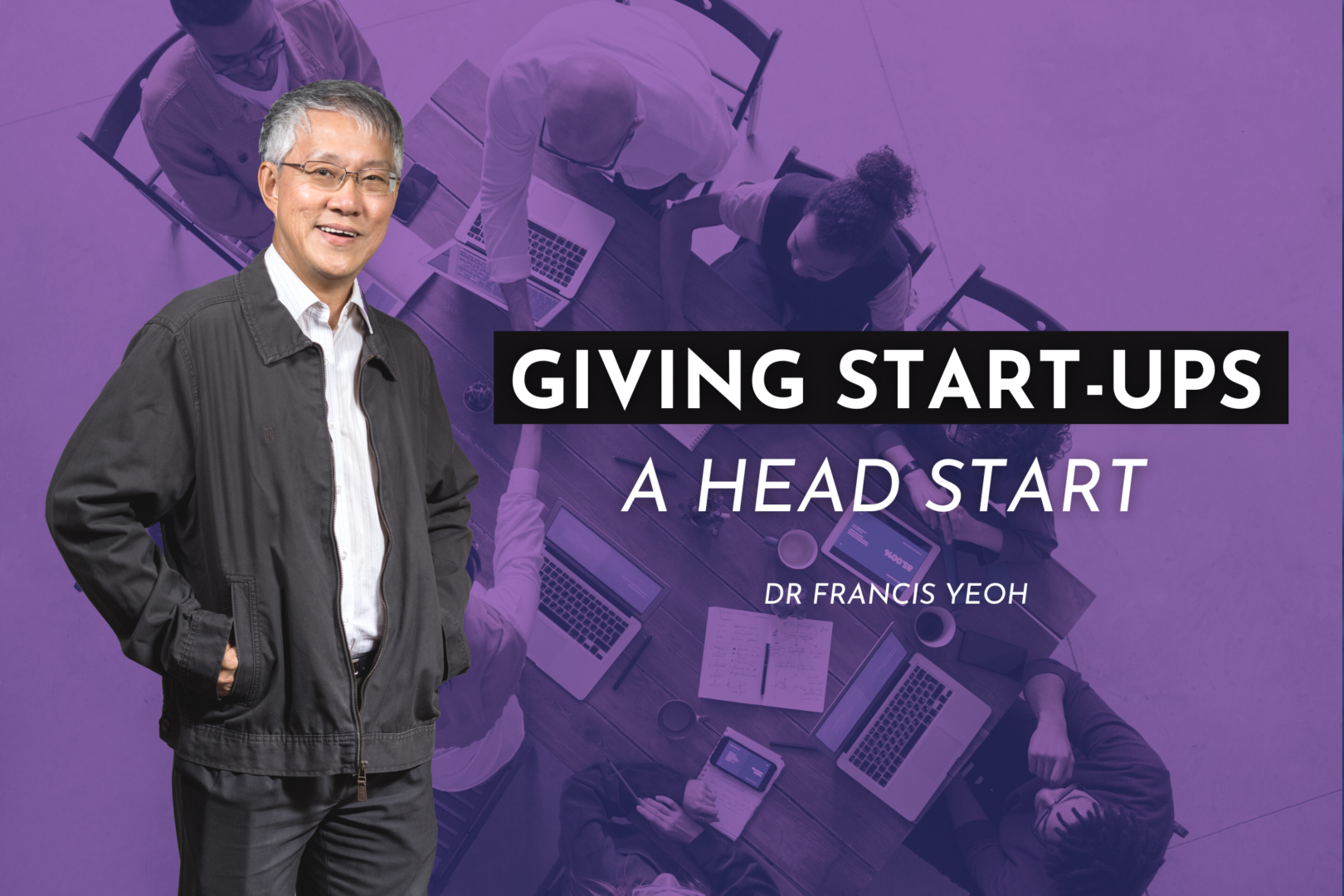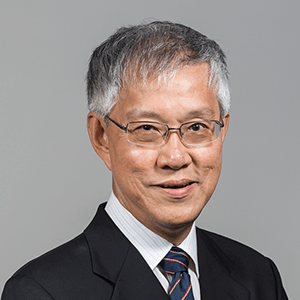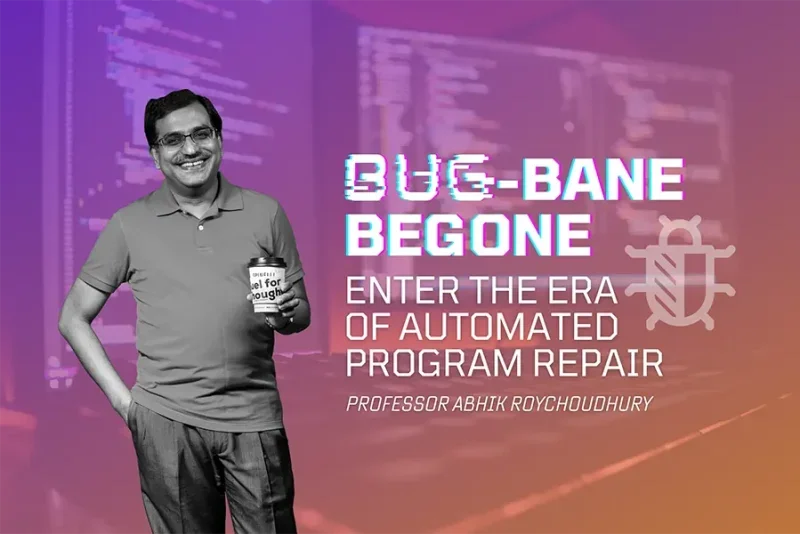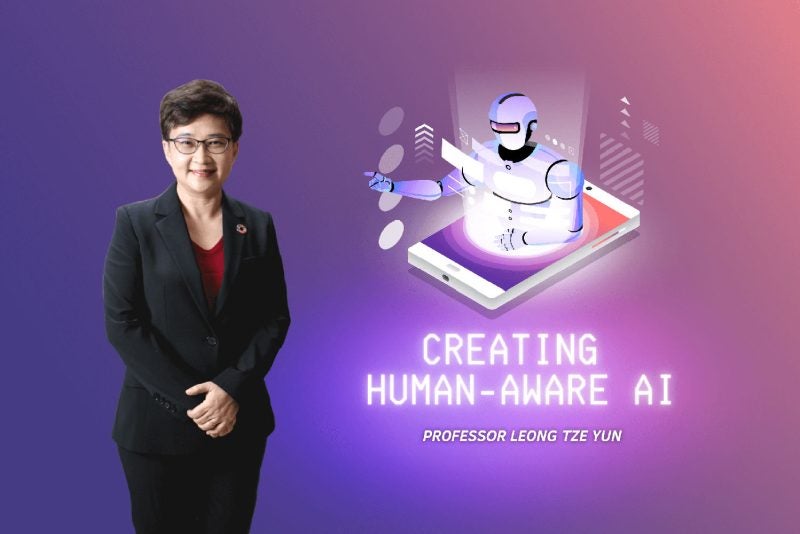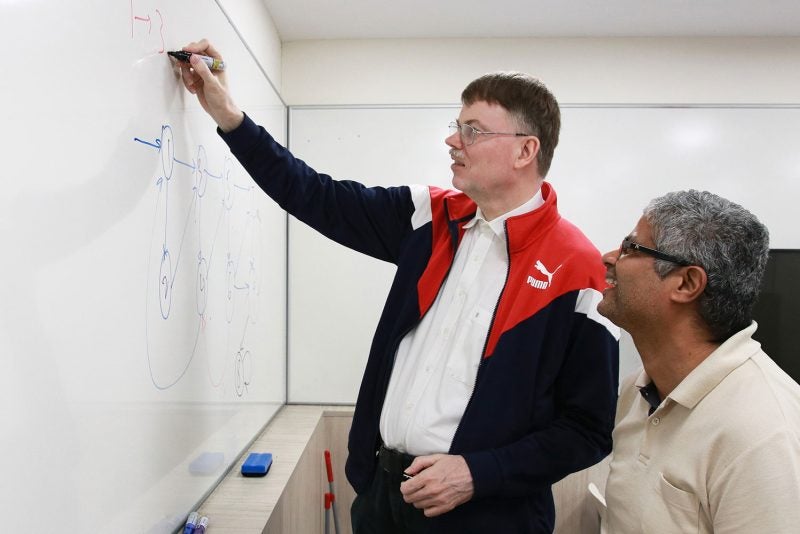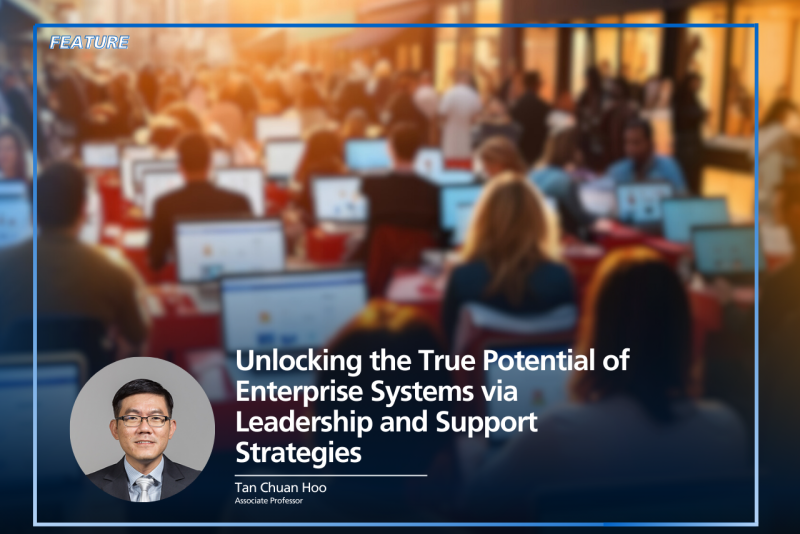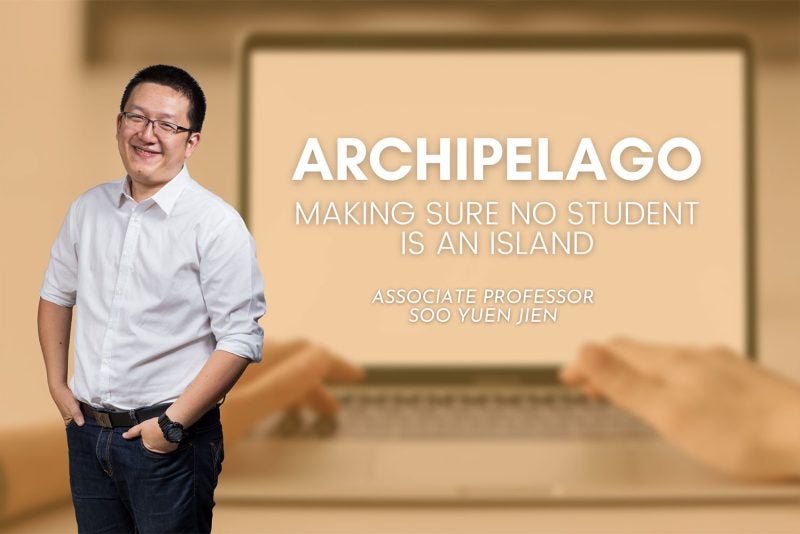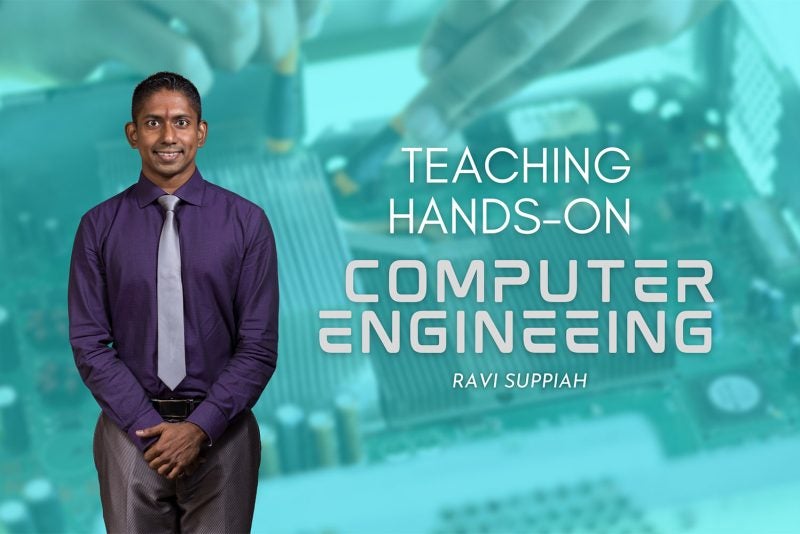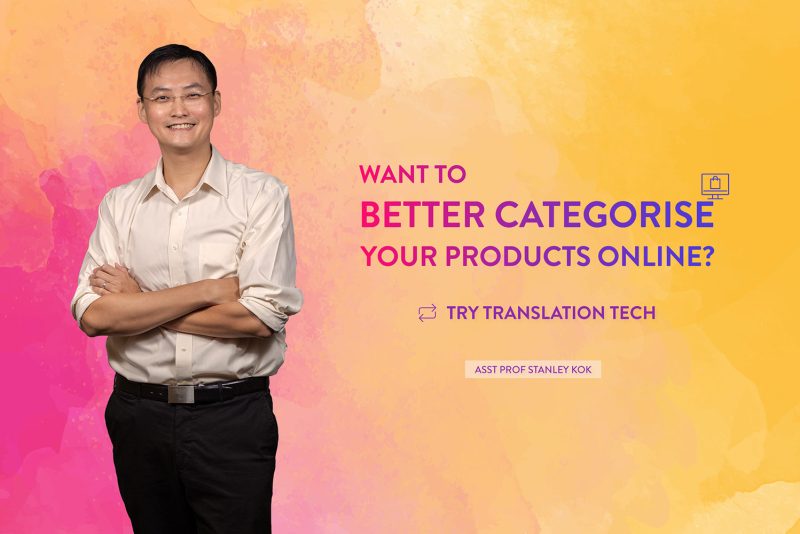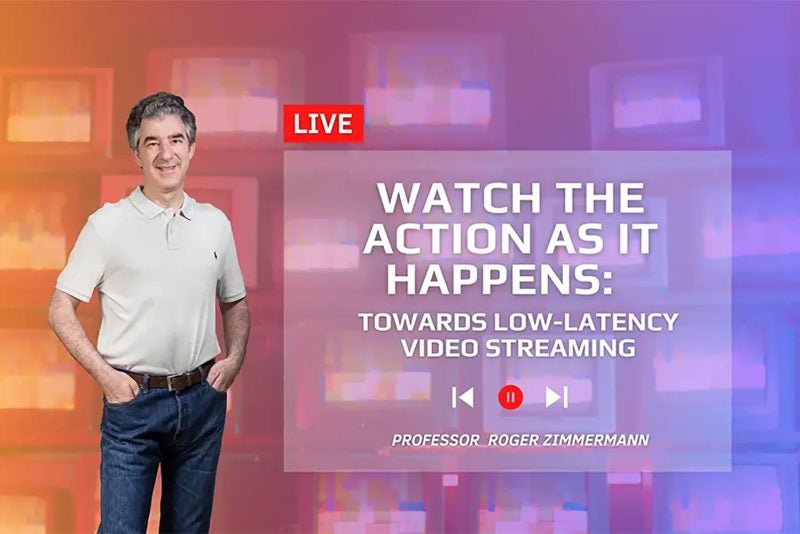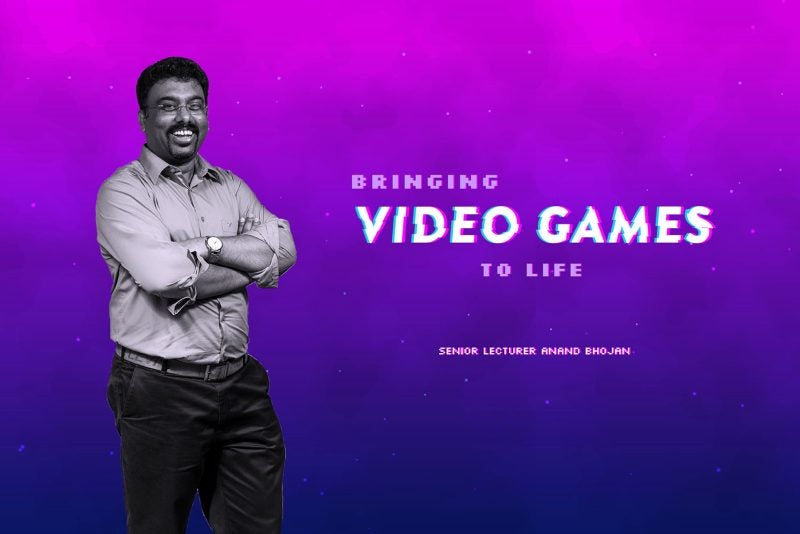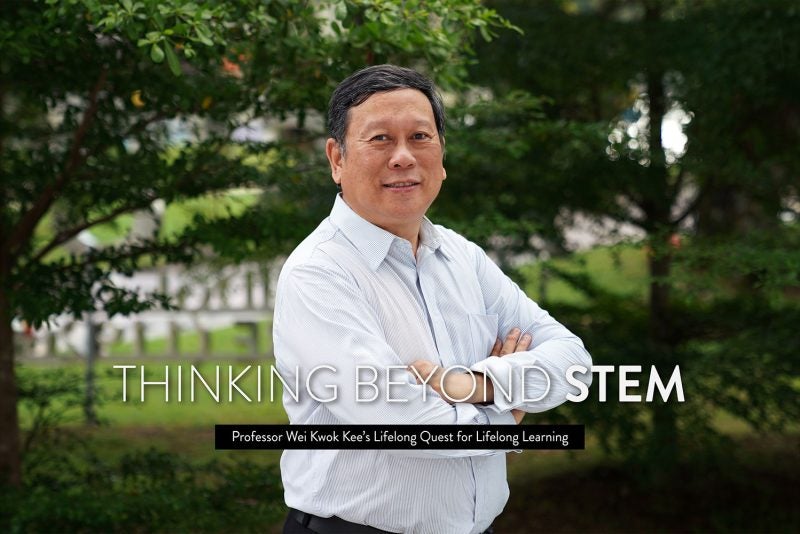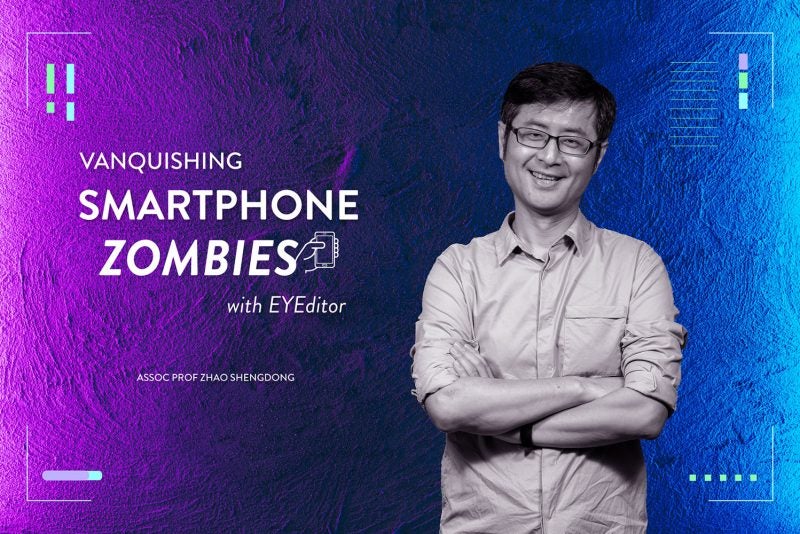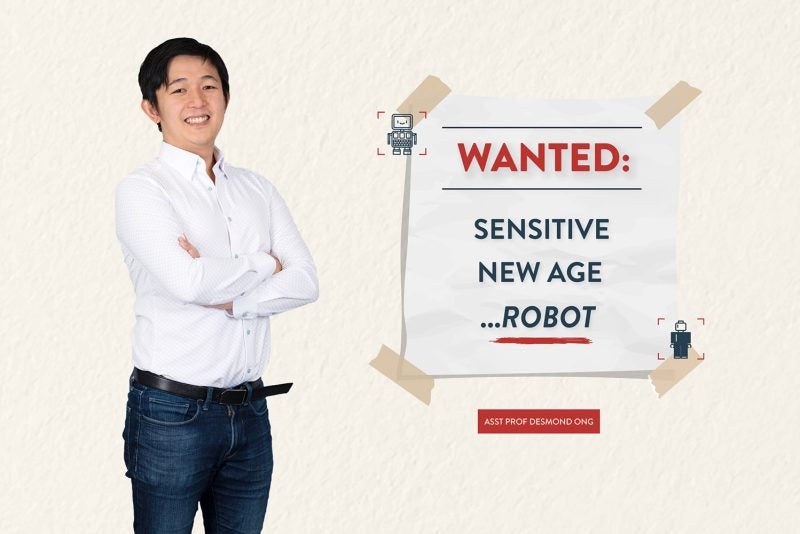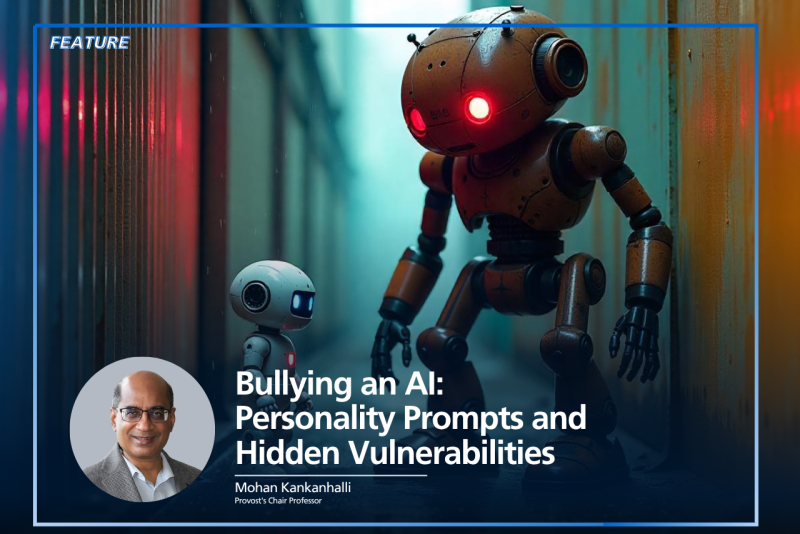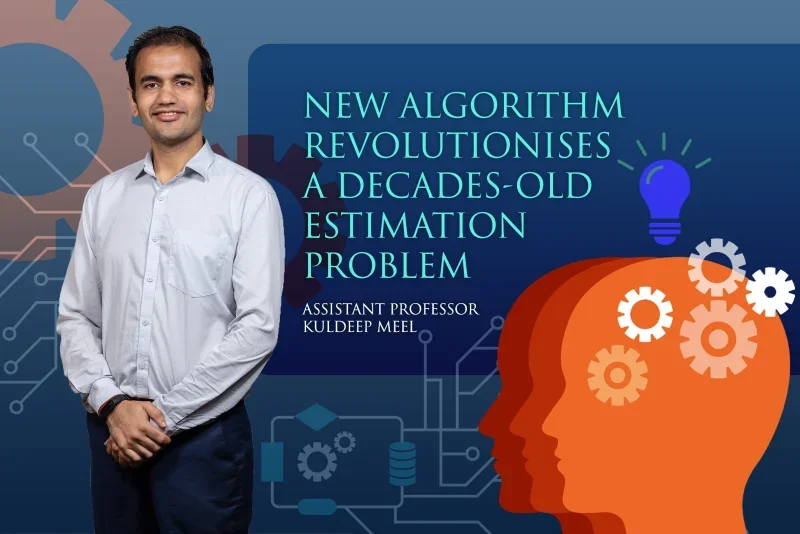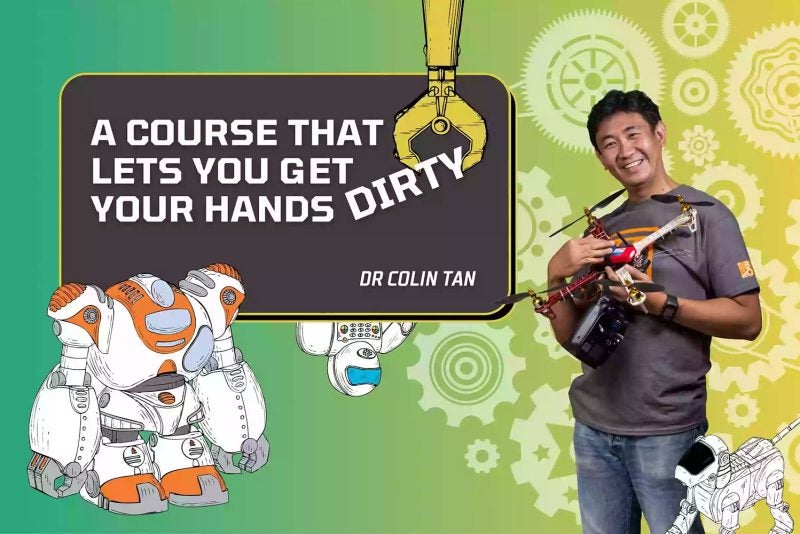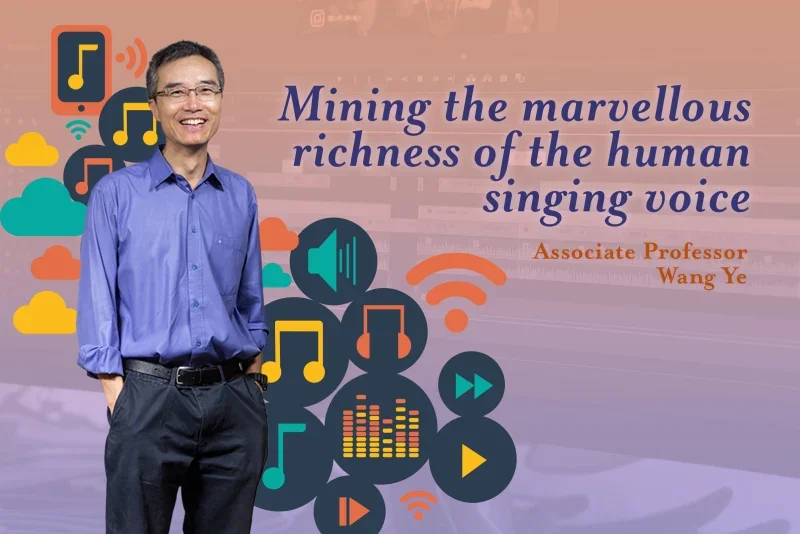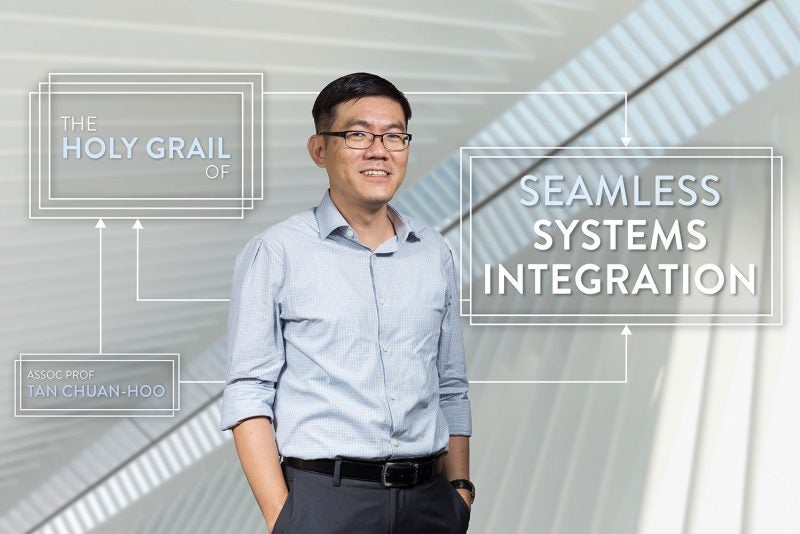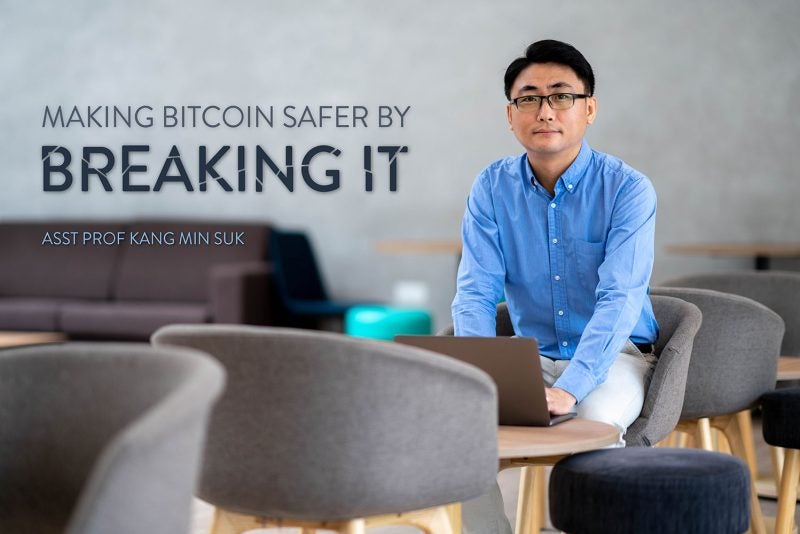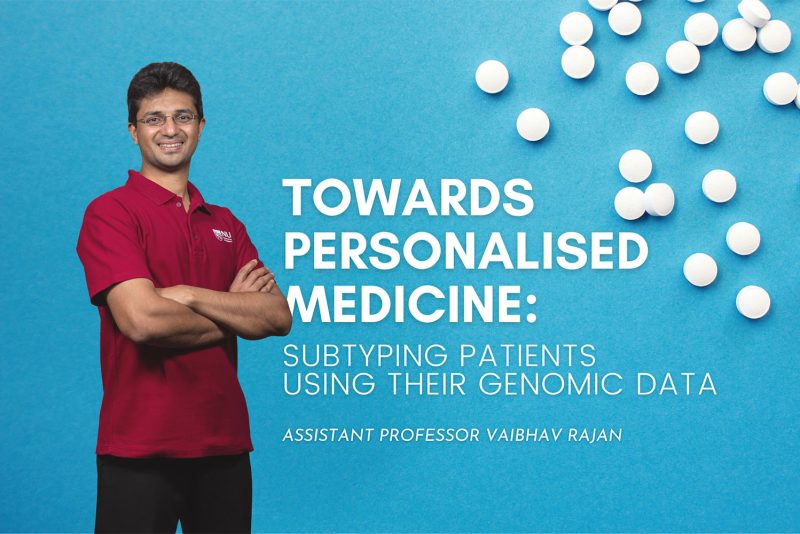Every semester, Francis Yeoh spends part of his time in pitch slams. These are intense sessions where teams of students have five minutes to try and sell their start-up ideas. Yeoh, the Professorial Fellow for Entrepreneurship at the NUS School of Computing, and his colleagues listen carefully to the pitches before deciding which teams are worthy of a $10,000 grant.
In one session earlier this year, Yeoh heard a pitch that left a deep impression on him. An undergraduate student explained how he had created an app to help young people facing stress and existential crises. Similar to “choose your own adventure” books, users would read a story on the app, and use their own experiences to choose from options at various points how they would like the story to progress. Doing so would provide a therapeutic effect, allowing users to relate to the mental struggles the characters are going through.
“It’s a way to get people to reflect on things in their lives and what’s important to them,” explains Yeoh. “The student was affected by a mental health issue himself and wanted to help others like him.”
The app — which has been downloaded more than 260,000 times worldwide despite being still in development — struck a chord with Yeoh for several reasons. For one, he marvelled at how people are now much more willing to speak openly and seek help for mental health issues. For another, it was representative of just how much had changed in the three decades since he first began a career in research, innovation, and entrepreneurship.
Back then, there was nothing to support budding entrepreneurs — no funding schemes or grants, no existing ecosystem, no mentors to tap for help, says Yeoh. And the mindset was completely different too. “Even just going back 10 years ago, most students wouldn’t even consider being involved with a start-up. It was a foolish trajectory to take, they would rather work for a bank and make a lot of money or get a stable job in a multinational or a government agency where they would be decently paid.”
“But now it’s entirely different — there’s almost a sexy factor to working for a start-up,” says Yeoh. “People think it looks good on the resume.”
To educate, equip, encourage, and guide
While much has changed over the years, one thing has remained constant: the innate human capacity to create something new. “In an academic setting, innovation is about taking a research idea or result and translating it into a product or service that can generate money,” says Yeoh.
That, however, is easier said than done. “The process of bringing something from lab to market is fraught with challenges, it’s not straightforward,” he says.
“This is where the innovation bit comes in — the skill to do customer discovery. In other words, figuring out how your research result can solve some big pain in the market so you can create a business,” explains Yeoh.
It is this entrepreneurial spirit and adeptness at innovation that Yeoh and his colleagues are hoping to foster at the School of Computing.
“We want to support the ambitions and aspirations of our students, as well as alumni, who are interested in start-ups,” he says. “Our aim is to educate, to equip, to encourage, and to guide.”
The $10,000 grant is part of the school’s three-pronged approach. Those awarded the grant — roughly 12 are given out every year — can use the money to purchase software and equipment, do market testing, among other measures that will help them move their idea to market.
For those further along on their entrepreneurial journey and have already formed startups, the school also offers an incubator programme. Successful applicants to the Furnace spend up to two years working on their idea, and enjoy the use of a dedicated room and resources on campus. Yeoh and other faculty members provide mentorship, offering advice on external grants they can apply for, introducing them to investors, and connecting them with potential customers.
Successful startups that were born out of the Furnace include workforce management solution provider StaffAny, investing advice platform Investing Note, and AI company ViSenze, which provides visual search solutions for e-commerce.
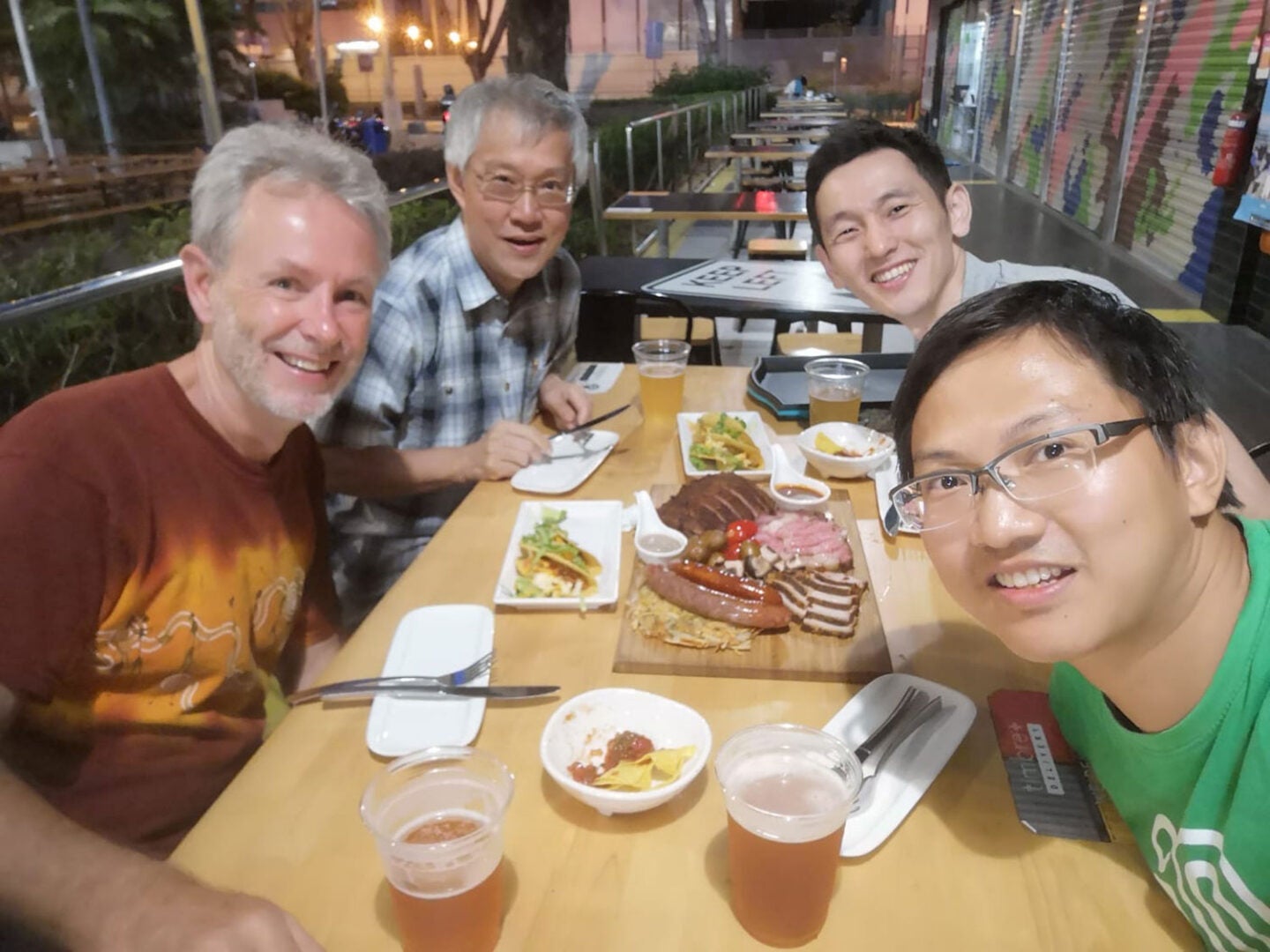
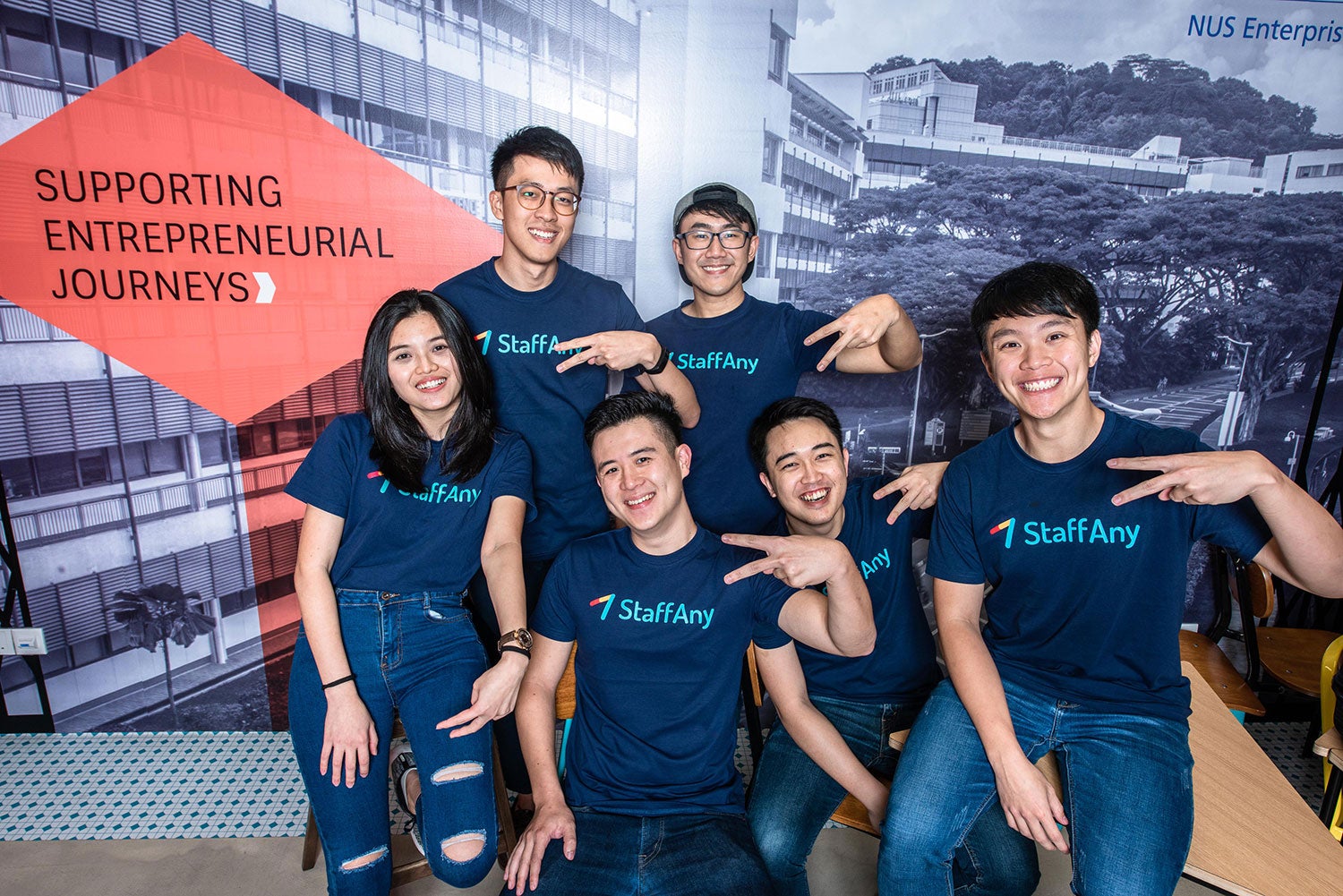
In addition, the school offers a variety of classes and seminars on entrepreneurship and innovation. “We teach students how to take an idea, develop it, make sure that the market accepts it, how to raise money, and so on,” says Yeoh. He and his colleagues also frequently invite alumni back to speak about their startup journeys and share their experiences.
By doing so, the team hopes to inculcate in students some of the traits that every entrepreneur should have: passion, determination, creativity, and resourcefulness, among others.
There is also another trait that Yeoh feels is critical to have: foresight. “That’s the ability to see how things are moving, to predict trends, and then use that to decide how to shape your startup,” he says.
“The people who can do this — identify risks and opportunities early — are the people who do very well.”
Eyes on the stars, feet on the ground
Still, Yeoh is a realist. He admits: “Being an entrepreneur is high-risk and not everyone will succeed. In fact, many won’t.”
That’s why we call our incubator the Furnace, he says. “When you create a start-up, it’s like entering a furnace. You mus be tough, you must be good — if you’re weak, like paper, you’ll get burnt and consumed. Only the strong ones can survive and be refined, like gold.”
He makes it a point to counsel his students before they decide to take the plunge and head down the start-up path. Some of the questions he asks are: Do you have your family’s blessings? Can you afford to have an unstable income for a while? “I do not encourage them to form companies unless they are sure they want to do this and have an idea that’s worth pursuing,” says Yeoh.
But for those who do take the risk and succeed, the rewards can be immense both financially and otherwise. When brought to market, products or services — such as the new mental illness story app — can potentially impact the lives of people in a big way.
Yeoh’s dream is to help create a Silicon Valley-like environment here in Singapore. Already, he has made great strides towards that goal in his previous roles spearheading innovation and enterprise efforts at the National Science and Technology Board and as CEO of Singapore’s National Research Foundation, among other positions. He now hopes to inspire the same entrepreneurial spirit among the young at the School of Computing.
“Hopefully over time, when you ask students what they want to do after they graduate, starting a company is no longer some ‘way out’ thing to do, but becomes one of several options,” he says. “Perhaps the preferred option.”

